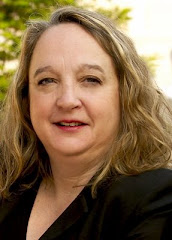 |
| Celebrating MeetGreen's 20th Anniversary |
They say if you start a business and it is still in business five years later, you are a success. I would add, if you start a business and twenty years later you are still engaged, excited and passionate about what the company brings to the world, you are triumphant.
As we celebrate MeetGreen’s 20th Anniversary this year, the excitement and passion for our work as a talented group of impeccable professionals is unmistakable. Not resting on our laurels of being acclaimed pioneers in sustainable meeting management, we are pushing forward to bring the power of human connection to the future of meeting design.
Pausing to reflect during this important company milestone, I share the secrets of our triumph:
- ALWAYS surround yourself with the best, brightest and most passionate people.
- Technology is your friend, embrace it.
- Empower your team to take the initiative.
- There is no such thing as giving a client too much service.
- Make decisions based on people, profit AND planet.
- Hiring people is fun, firing is not.
- Never stop learning and growing.
- Data is important. Track it, measure it, analyze it.
- Someone else probably has a better idea than you.
- Always acknowledge an employee’s contribution.
- Nothing is off the record.
- Treat your vendors as true partners.
- Everyone pitches in during “crunch time” and that means everyone.
- Showing stress at work is contagious, so is showing kindness.
- Your very first client should still be a client.
- Listen!
- A bad year isn’t the end, but it is an opportunity for change. Use it.
- Look out for each other.
- Collaborate with your competitors, you all win in the end.
- Be grateful!
Reprinted from the MeetGreen July, 2014, Newsletter





